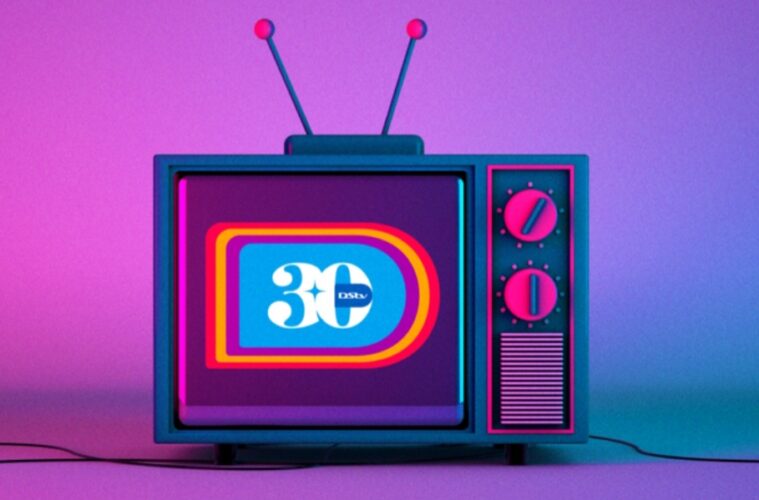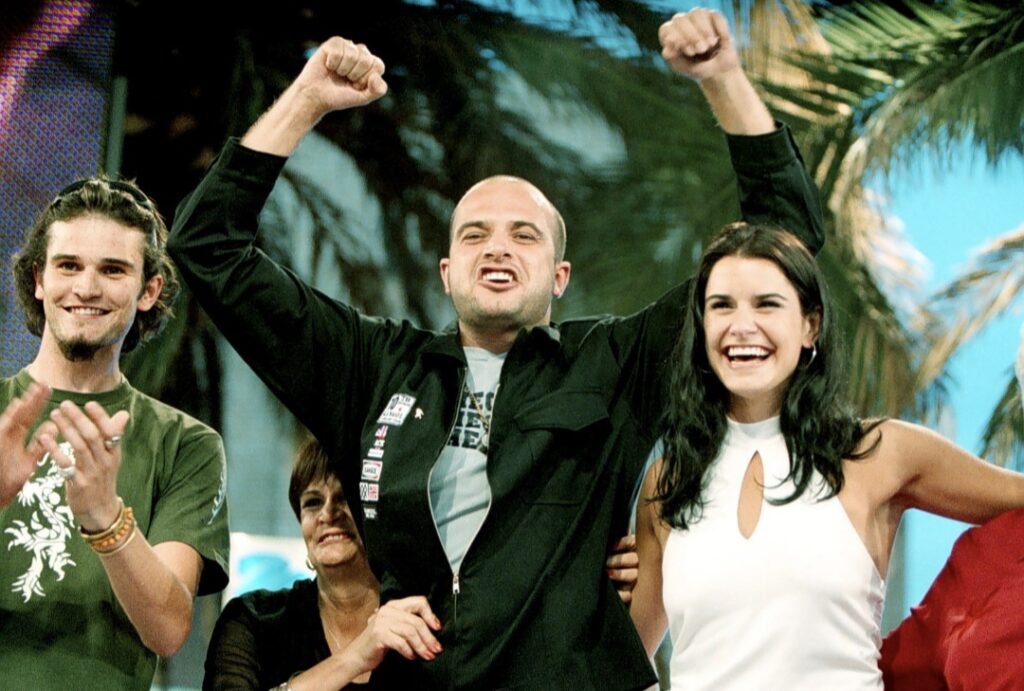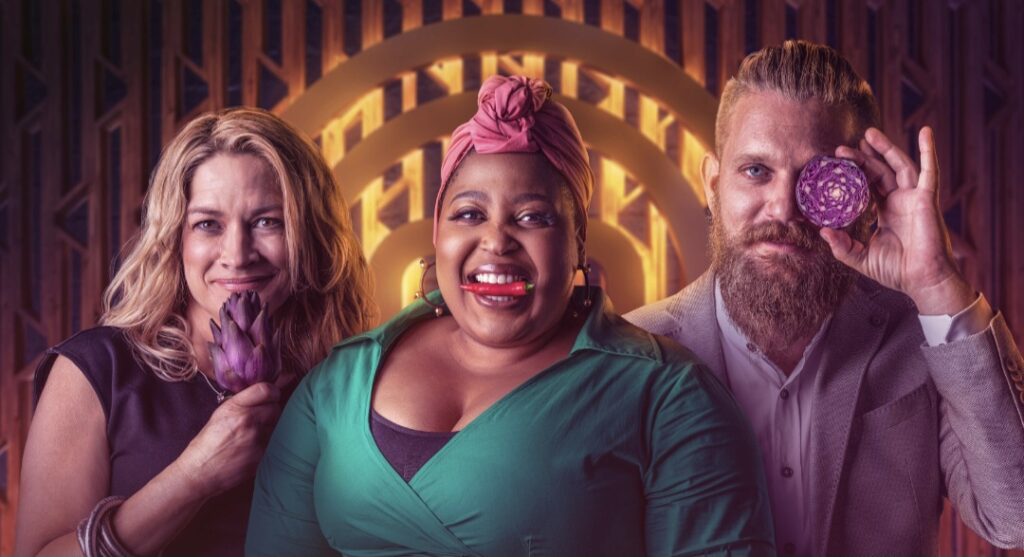DStv marks 30 years today of shaping South Africa’s television landscape, connecting millions of households, and telling stories that have become part of the national conversation.
When South Africans turned on their televisions in October 1986, M-Net broadcast only a few hours each night as an encrypted analogue channel. Less than a decade later, on 6 October 1995, MultiChoice launched DStv: only the second digital satellite service in the world, and the first outside the US.
What started in a caravan in Randburg grew alongside the country itself: by 2005 DStv had reached one million subscribers; by 2010, that figure had climbed to 2.4m families. Today, over 14m homes across Africa – from Johannesburg to Lagos to Nairobi – keep DStv in their daily rhythm.
Whereas DStv launched with just 16 channels in 1995, 30 years later it now hosts 142. Customers can choose from a range of DStv and DStv Stream packages, from Access, starting from R99 per month, to Family and Compact through to Premium, starting from R699 per month. Each option is designed to suit different budgets, content preferences and how people want to watch, whether online or via satellite.
From Carte Blanche, Egoli and KTV on M-Net in the early years, to the launch of kykNET in 1999, Africa Magic in 2003, Mzansi Magic in 2010, and Mzansi Wethu, Mzansi Bioskop and kykNET & Kie in 2013, DStv has consistently been the home of stories that reflect and shape South African life. More recently, productions such as The River, Big Brother and Shaka iLembe have continued that tradition, cementing DStv’s role as a hub for authentic African storytelling.
This content is increasingly receiving international recognition, with International Emmy nominees for four consecutive years, for Reyka (2022), Two Sides (2023), Die Brug (2024), School Ties, Chasing The Sun 2 and Play Room Live (2025).
SuperSport, which also celebrates 30 years in 2025, has also delivered unforgettable sporting moments, from Bafana Bafana’s AFCON win in 1996 to the Springbok’s four World Cup triumphs and from the 2010 FIFA World Cup to numerous Olympic Golds, from Josia Thugwane and Penny Heyns in Atlanta 1996 to Tatjana Smith in Paris 2024.
DStv was the first pay-TV service in Africa and has spent the past 30 years setting new milestones in how audiences watch television. From launching Africa’s first personal video recorder to introducing HD broadcasts, BoxOffice, the DStv app and now DStv Stream, it has consistently evolved alongside changing viewing habits and technology.
“As we celebrate 30 years, we are proud of the role DStv has played in South African homes,” said Byron du Plessis, CEO, PayTV South Africa at MultiChoice, a CANAL+ company. “Our story has always been tied to the country’s own – from the early days of Open Time in the 90s, through the 1995 Rugby World Cup and the dawn of democracy, to today’s iconic local shows and unforgettable sporting moments. Thirty years on, our commitment remains the same. We will continue to connect South Africans through great content, trusted service and real value, while reflecting the diversity and vibrancy of our nation.”
With 30 years of heritage behind it, DStv now enters a new chapter, with CANAL+ as partners at MultiChoice Group level, ensuring continued investment in local stories, live sport, and innovation to keep pace with changing customer needs.
“While technology, viewing habits and platforms have evolved, what has not changed is our purpose: bringing people together through content that matters,” said du Plessis.
To celebrate this milestone, customers can look forward to amazing offers in November and December, to make sure as many South Africans can celebrate with us on our platforms as possible. Details will be announced soon.






